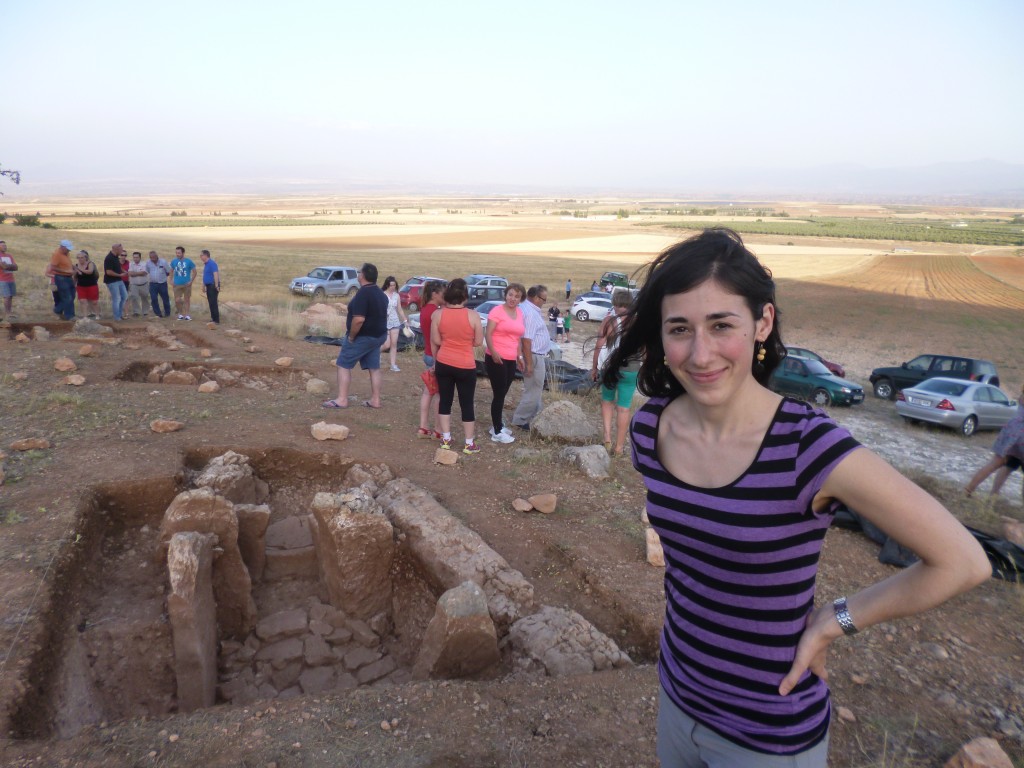After finishing a Master at the University of Granada (Spain), I started a PhD at the same university, focused on the use of radiocarbon dating in Archaeology. In particular, we decided to undertake a radiocarbon dating program to explore the chronology and temporality of the megalithic phenomenon in South-eastern Iberia. Despite the extremely rich megalithic phenomenon in this area, with hundred of tombs, until now its chronology was poorly understood.
To explore the complex biography of these monuments, used over centuries, we select human bones for radiocarbon dating. As the necropolises are near to the Mediterranean Sea, isotopic analysis are being undertaken to explore the type of diet of people buried in these graves and to explore the potential reservoir effect on radiocarbon dates.
The last step of our research is the use of Bayesian statistical analysis to interpret the radiocarbon results. The session I presented in was entitled Bayesian modelling beyond the site, in which different studies highlighted the relevance of this methodology in the understanding of the temporality of particular sites.

Panoria necropolis (Granada, Spain), where Agueda’s research team undertook the excavation of some of their graves.
I am really grateful to the Society of Antiquaries of Scotland and to the ScARF Student Bursary to give me the opportunity to participate in the 8th International Symposium on 14C & Archaeology. That allow me to share the preliminary results of my PhD research. At the same time, I could have knowledge of other applications of radiocarbon dating to other particular archaeological questions and to know how different dating problems can be resolved.
This conference was an incredibly occasion to stay up-to-date with the new challenges of 14C dating. Moreover, since archaeologist and laboratory staff have not always the opportunity to dialogue, it was the perfect context to favour this exchange and to establish new connections with other researchers. All this aspects are elementary to help my research career to take off!
PhD Student
University of Granada (Spain)
Help us: champion research; stimulate discussion; enhance public understanding; and share our extraordinary heritage. Donate directly to the Society now.